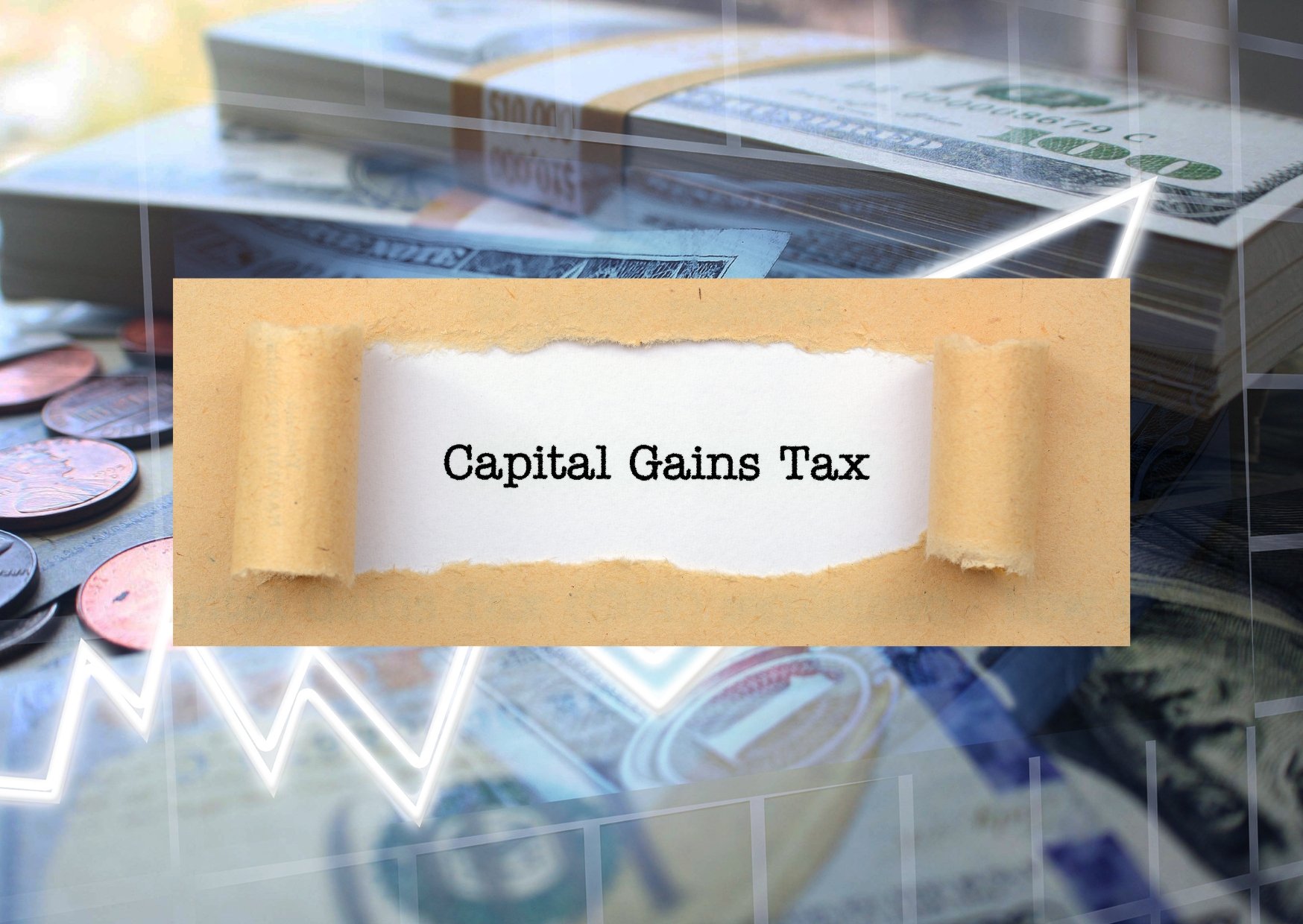(Hebron, Andover, Marlborough, Colchester, Glastonbury, Columbia, Tolland & Surrounding Towns)
If you’re thinking about selling your home in Hebron, Andover, Marlborough, Colchester, Glastonbury, Columbia, Tolland, or the surrounding towns of Central and Eastern Connecticut, one of the most common questions that comes up is:
 Will I have to pay capital gains tax when I sell my house?
Will I have to pay capital gains tax when I sell my house?
The answer depends on a few factors — how long you’ve owned and lived in your home, how much profit you make, and your personal financial situation. Let’s break it down.
What Is Capital Gains Tax?
Capital gains tax is a tax on the profit you make when you sell an asset — in this case, your house. If you bought your home for $300,000 and sold it for $500,000, your gain is $200,000.
However, not all of that gain is automatically taxable. The IRS and the State of Connecticut provide certain exemptions, especially when it comes to your primary residence.
The Federal Home Sale Exclusion
Under IRS rules, if you’ve lived in your home for at least 2 of the last 5 years and the property has been your primary residence, you may qualify for the capital gains exclusion:
Up to $250,000 in profit if you are single
Up to $500,000 in profit if you are married and file jointly
This means many homeowners in towns like Hebron, Andover, Marlborough, Colchester, Glastonbury, Columbia, and Tolland can sell their home without owing any federal capital gains tax — as long as their profit falls under these limits.
What About Connecticut State Taxes?
Connecticut generally follows federal rules for capital gains. That means if you qualify for the home sale exclusion, your gain is usually exempt at the state level as well.
However, if your profit is above the federal exclusion, the excess amount may be taxed as part of your regular Connecticut state income tax.
When Might You Owe Capital Gains Tax?
You might owe taxes when selling your home if:
You haven’t lived in the home for at least 2 of the last 5 years (example: rental property, second home, or recent move).
Your profit exceeds $250,000 (single) or $500,000 (married).
You used the property for business or rental purposes, in which case depreciation recapture rules may apply.
You’re selling an investment property or land that’s not your primary residence.
Example for Local Homeowners
Let’s say you bought your house in Colchester 10 years ago for $250,000. You’re now selling it for $475,000. Your profit is $225,000.
If you’re single: your profit is under the $250,000 limit → No federal capital gains tax owed.
If you’re married: your profit is under the $500,000 limit → No federal capital gains tax owed.
Now let’s say you own a home in Glastonbury that you bought for $300,000 and are selling for $900,000. Your profit is $600,000.
If you’re single: $250,000 is excluded, but you may owe tax on the remaining $350,000.
If you’re married: $500,000 is excluded, but you may owe tax on the remaining $100,000.
Local Market Impact
With rising home values in Connecticut towns like Hebron, Marlborough, and Glastonbury, some homeowners are realizing significant profits when they sell. That’s why it’s important to plan ahead with your real estate agent, accountant, or tax advisor to understand your potential tax situation.
Tips to Reduce or Avoid Capital Gains Tax
Stay for 2 years: If you’re close to meeting the 2-year residency rule, waiting could save you thousands.
Track home improvements: Keep receipts for renovations and upgrades, as these can increase your cost basis and lower your taxable gain.
Consider timing: Selling after marriage or life changes may increase your exemption.
Consult a professional: A tax advisor can help you explore strategies specific to your situation.
Bottom Line for Connecticut Home Sellers
Most homeowners in Hebron, Andover, Marlborough, Colchester, Glastonbury, Columbia, Tolland, and nearby towns will not owe capital gains tax when selling their primary residence, thanks to the federal exclusion. But if your profit exceeds the limits, or if you’re selling a second home or investment property, you could owe taxes.
Before you list, it’s smart to run the numbers with both your real estate agent and your tax professional so there are no surprises at closing.
 Thinking about selling your home in Central or Eastern Connecticut? I’d be happy to provide a free home value estimate and walk you through what to expect — including potential tax implications.
Thinking about selling your home in Central or Eastern Connecticut? I’d be happy to provide a free home value estimate and walk you through what to expect — including potential tax implications.
 Contact me today to get started!
Contact me today to get started!


